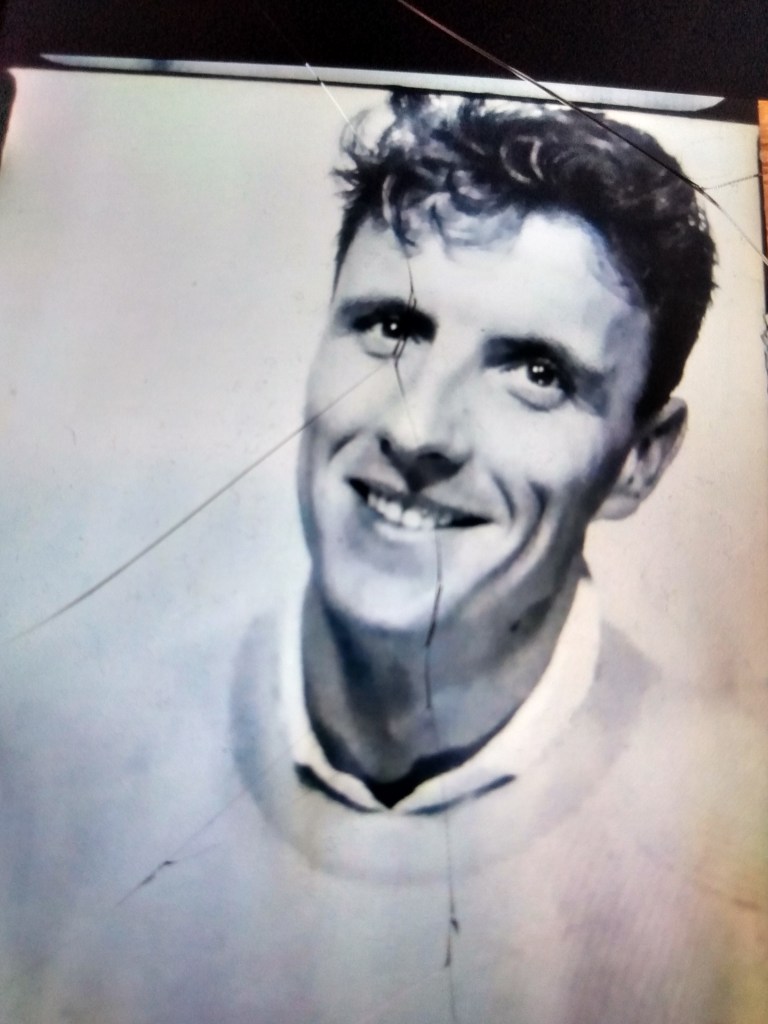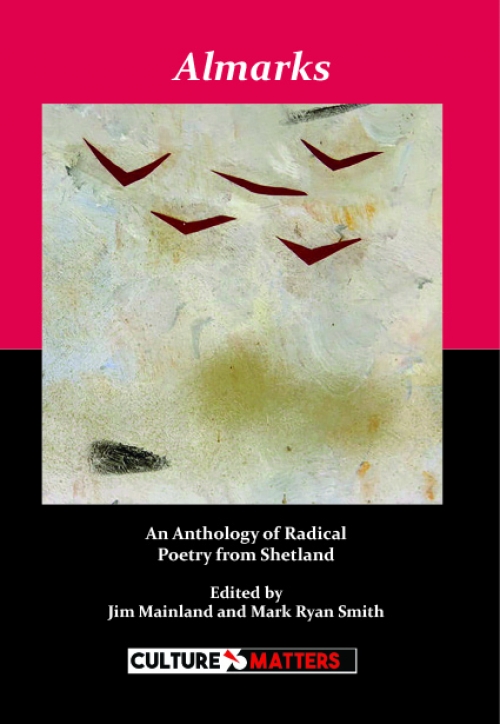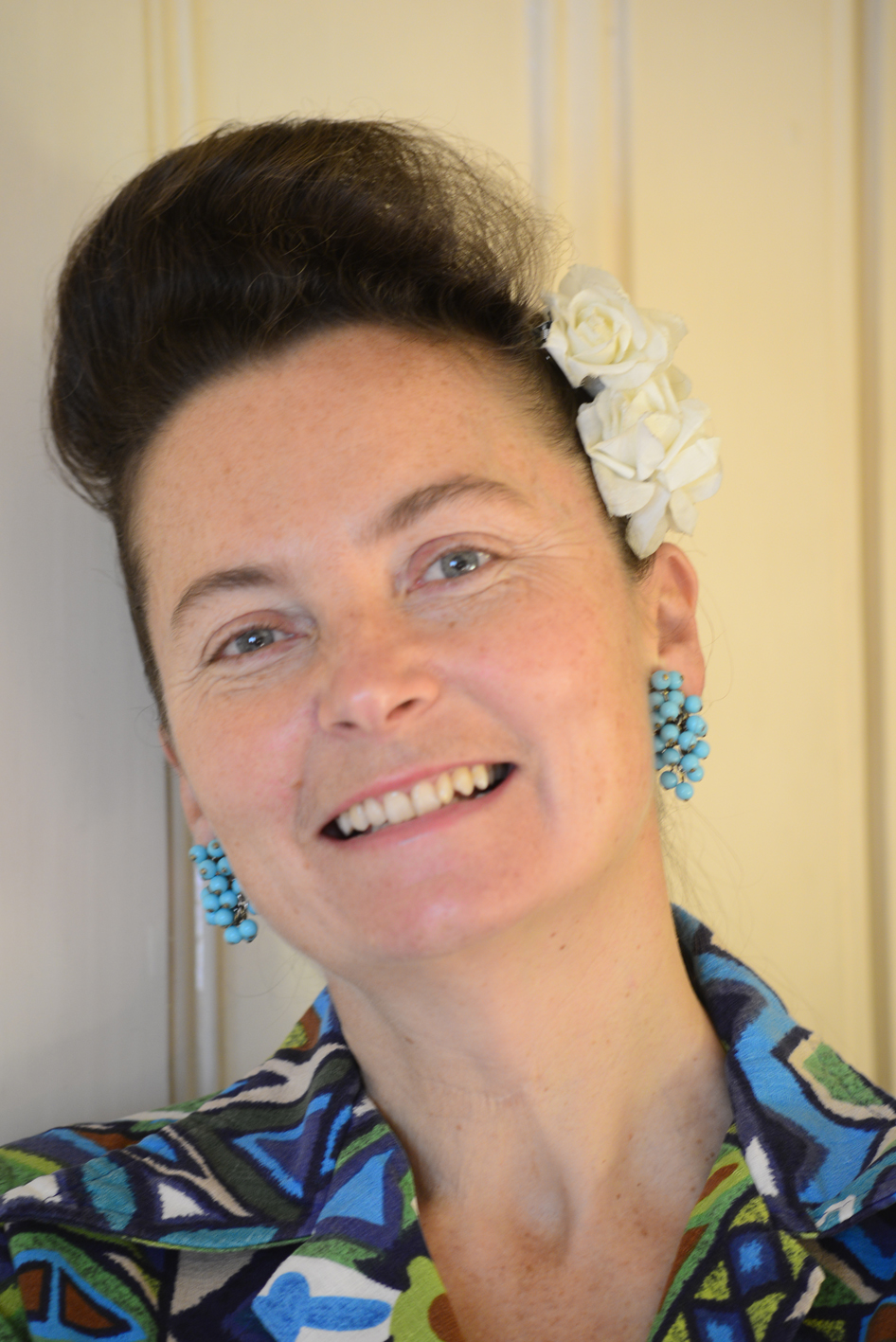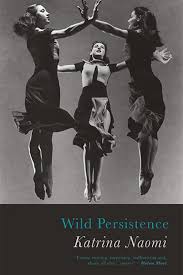Today we have a special treat, as Lisa Kelly has kindly given us a crown of sonnets ‘Corona/Cuts’ (after John Donne). Here she writes about the sequence and the persistent problem of knife crime. It comes from Lisa’s collection A Map Towards Fluency (published by Carcanet). It is a wonderful book about a life lived, as well as a great lesson in variety of form and tone. I highly recommend it. You can buy a copy here.
********************
 “Think back to 2017, another time, another crisis. The London Bridge terrorist vehicle-ramming and stabbing, alongside daily updates about knife crime and teenage boys – young victims of the virus of violence. Visiting any public building in London, I was frequently searched, opening up my bag to scrutiny, feeling somehow momentarily guilty of something, somehow accused.
“Think back to 2017, another time, another crisis. The London Bridge terrorist vehicle-ramming and stabbing, alongside daily updates about knife crime and teenage boys – young victims of the virus of violence. Visiting any public building in London, I was frequently searched, opening up my bag to scrutiny, feeling somehow momentarily guilty of something, somehow accused.
A small insight into how it must feel to be routinely, stopped and searched. Anxiety, anger at the government’s absence of strategy for tackling knife crime, failure to acknowledge that poverty and lack of opportunity fuels gang recruitment, all of this and the fact I have a teenage son, was behind the need to write ‘Corona/Cuts’.
 Like many poets, I write to try and make sense of what cannot be made sense of by logic or argument alone. Aside from the unintended foreshadowing in the poem’s title of the current unfolding horror story, there are connections of powerlessness. Holding a pen in your hand, or having computer keys do their bidding under your fingers, is an outlet for some processing of inadequacy in the face of something you would like to solve but basically can’t. Form is one way of marshalling what you want to say, to help shape chaos into a creative act.
Like many poets, I write to try and make sense of what cannot be made sense of by logic or argument alone. Aside from the unintended foreshadowing in the poem’s title of the current unfolding horror story, there are connections of powerlessness. Holding a pen in your hand, or having computer keys do their bidding under your fingers, is an outlet for some processing of inadequacy in the face of something you would like to solve but basically can’t. Form is one way of marshalling what you want to say, to help shape chaos into a creative act.
I chose to write a crown of sonnets because it gave me the scope and permission to pursue different but interlinked emotions and experiences as well as reportage on a societal level – the way the last line of each sonnet kickstarts the subsequent sonnet creates an uninterrupted energy, while allowing for sharp changes of direction.
 The stamp of John Donne is evident throughout, with lines taken from various poems. His metaphysical poetry, with discoveries from life and science, married to violence and passion in a bid to explore difficulties in his relationship with a lover or God, has an intensity that shaped some of the thinking. No doubt, there is a collage effect, but just as there is no single answer to any one crisis, the poem tries to reflect the fact the sequence is not a political response, but a personal response subject to shifting moods that inevitably raises political questions.
The stamp of John Donne is evident throughout, with lines taken from various poems. His metaphysical poetry, with discoveries from life and science, married to violence and passion in a bid to explore difficulties in his relationship with a lover or God, has an intensity that shaped some of the thinking. No doubt, there is a collage effect, but just as there is no single answer to any one crisis, the poem tries to reflect the fact the sequence is not a political response, but a personal response subject to shifting moods that inevitably raises political questions.
 Some of the sonnets are more indirect explorations of moods – others have a more sustained and obvious focus. Knife Angel pays tribute to the sculpture created by Alfie Bradley with knives donated by police forces around the country at the British Ironworks Centre at Oswestry, Shropshire. The sonnet with reasons for carrying a knife is from interviews in various articles researched on the BBC and Guardian sites. The listing of the parts of the knife and the abecedarian in the final sonnet was a way of trying to control my response to the idea of the knife, a kind of play between signifier and signified. When you say knife, we all have our own picture conjured, but all the names for it in other languages as well as the slang reveals a collective tragic mythology.”
Some of the sonnets are more indirect explorations of moods – others have a more sustained and obvious focus. Knife Angel pays tribute to the sculpture created by Alfie Bradley with knives donated by police forces around the country at the British Ironworks Centre at Oswestry, Shropshire. The sonnet with reasons for carrying a knife is from interviews in various articles researched on the BBC and Guardian sites. The listing of the parts of the knife and the abecedarian in the final sonnet was a way of trying to control my response to the idea of the knife, a kind of play between signifier and signified. When you say knife, we all have our own picture conjured, but all the names for it in other languages as well as the slang reveals a collective tragic mythology.”
Lisa Kelly’s first collection, A Map Towards Fluency, was published by Carcanet in 2019. Her poems have appeared in Stairs and Whispers: D/deaf and Disabled Poets Write Back (Nine Arches Press). Her pamphlets are Philip Levine’s Good Ear (Stonewood Press) and Bloodhound (Hearing Eye). She has single-sided deafness and is also half Danish. She co-edited the Deaf Issue of Magma Poetry which was awarded Arts Council England funding; and the Conversation Issue. She is Chair of Magma Poetry,
Corona/Cuts
after John Donne
They search my bag like an abandoned flat,
raking for answers to unformed questions,
fumbling with tissues and bits of old tat,
unable to grasp haptic impressions.
What do I know of my son’s compass point?
Why did this prick try to hide in the seams?
Have they not heard we all have a fixed foot,
how the other hearkens after, and leans?
My circle is just. My son is secure.
Absence expansion in a foreign land.
Sharp reminders and tokens underscore
each search a charade, til steel is in hand.
Let us close this bag and let me go through.
This flat is unoccupied, the rent due.
This flat is unoccupied, the rent due.
We salvage the mattress from Spain’s dark street.
Erect steel bars for a four-poster view,
lie on the bloodstain covered by a sheet.
From here, we hear the bells of Aranjuez,
sad chimes from Rodrigo’s Concierto.
Since thou and I sigh one another’s breath,
engrave, Antes muerto que mudado.
Our sons will not dare into Walthamstow,
Battersea, Harlesden, Oakwood, Marylebone.
They will not venture into Enfield, Bow,
Wandsworth, Peckham Rye, Uxbridge, Mile End, home.
Let us close this flat. Rodrigo is owed.
Sooner dead than changed, but seeds must be sowed.
Sooner dead than changed, but seeds must be sowed.
Who can stop him winding down the wrong path?
At the round earth’s imagin’d corners blow
nose, wipe streaming eyes, repair your torn half.
He strayed outside his postcode, and was lost.
The subway where he might play his last scene.
No time even to be idle. The cost
of the cut through, alley, underpass, green.
All whom war, death, age, agues, tyrannies,
despair, law, chance, being in the wrong ends hath slain,
to your scatter’d bodies go. Authorities,
politicians search solutions in vain;
can’t contain measure. The globes four corners
a dream. Sons walk the next street, foreigners.
A dream, sons walk the next street, foreigners
share conversation, customs, cares, break bread,
An Europe, Afric, and an Asia blurs
into one round ball. Dream that no-one bled.
Dream the difference between butterfly
and butter as descriptions for a knife.
Dream the stand-off, after-math pass you by,
dream you applied pressure to save a life.
His dream of diverse shores is a nightmare,
our sons reject the Seven Sleepers’ den.
One little room is not an everywhere,
a dream of safety, his wool-lined pen.
Not thy sheep, thine image, servant. Thy son.
Wake, and batter your heart, What have I done?
Wake, and batter your heart, What have I done?
He stole a knife from the cutlery drawer.
What reason? In their own words, here are some:
To protect myself against my father.
My dad was stabbed to death when I was three.
I will stab them first. It’s for protection.
They would have beaten the shit out of me.
It is a tool for intimidation.
It does not matter how tough the laws are.
The risk that someone will pull one on you.
I would, if anyone took things too far.
People are always tooled up; it’s not new.
Thank God. Chopped, had I not had it with me.
Angels affect us oft, and worshipp’d be.
Angels affect us oft, and wordshipp’d be.
Knife Angel is hoisted by cranes to sky.
Society looks up and strains to see.
Here is a glint that is not in the eye,
not in a voice, not in a shapeless flame –
one hundred thousand confiscated blades,
messages engraved on wings, victims’ names.
This monument, an iron-monger’s trade.
As yet but knock, breathe, shine, and seek to mend.
Your force to break, blow, burn, and make me new.
Mettle tested so we can comprehend
weight of wasted lives, hope forged anew.
Stamp your mark. Stamp out this epidemic.
Each loss named, a wound. Each cut, systemic.
Each loss named, a wound. Each cut, systemic.
Handle, point, edge, grind, blade, spine, fuller, guard,
escutcheon, bevel, gut-hook, choil, crock stick
ricasso, bolster, hilt, tang, butt, lanyard.
Athame, Balisong, Cane, Deba bōchō,
Ear, Facón, Gravity, Hunting, Izar,
Janbiya, Kukri, Laguiole, Mandau,
Navaja, Opinel, Pata, Qama,
Rondel, Shiv, Trench, Urumi, Voulge, Wedung
X-Acto, Yoroi-dōshi, Zombie Knives.
Mother, Father, Sister, Brother, Daughter, Son.
Friend, Lover, Neighbour, Society, Lives.
Stab, shank, chib, zoor, jook, slice, wet steel. For what?
They search my bag like an abandoned flat.
(You can buy a copy of Lisa’s book here. Thank you)



 “I grew up in a working class family. My mom worked on a farm and my dad in a factory. These were physical jobs. When I was a kid, I remember bragging to friends about how strong my mom was: she can lift 50 hay bales. I have a filmic memory too—which plays on repeat—of my dad walking through the back door after work, dropping his car keys, grabbing a Budweiser and heading straight to the couch. His back was a constant ache.
“I grew up in a working class family. My mom worked on a farm and my dad in a factory. These were physical jobs. When I was a kid, I remember bragging to friends about how strong my mom was: she can lift 50 hay bales. I have a filmic memory too—which plays on repeat—of my dad walking through the back door after work, dropping his car keys, grabbing a Budweiser and heading straight to the couch. His back was a constant ache. Now, even as a full-time Creative Writing Lecturer, I am still trying to figure out what it means to be a working class academic, to navigate a world that once seemed so impossibly out of reach. I am still trying to figure out a way to both honour my roots and embrace my new path. One way I am figuring these things out, is by writing poetry.
Now, even as a full-time Creative Writing Lecturer, I am still trying to figure out what it means to be a working class academic, to navigate a world that once seemed so impossibly out of reach. I am still trying to figure out a way to both honour my roots and embrace my new path. One way I am figuring these things out, is by writing poetry. “When
“When  We did this because whatever the overall radical potential of Shetland writing, we believe that poetry from Shetland is in a strong place at the moment. The poet and novelist Kevin MacNeil said as much a few years back when he was Shetland’s Writer-in-Residence. He said that what was missing wasn’t the talent but the self-confidence, the self-belief. It was also our feeling that an anthology of Shetland verse with a progressive remit would be a worthwhile event in any case. Moreover, it can be argued that Shetland does have a solid radical poetic tradition to build on, in the work of
We did this because whatever the overall radical potential of Shetland writing, we believe that poetry from Shetland is in a strong place at the moment. The poet and novelist Kevin MacNeil said as much a few years back when he was Shetland’s Writer-in-Residence. He said that what was missing wasn’t the talent but the self-confidence, the self-belief. It was also our feeling that an anthology of Shetland verse with a progressive remit would be a worthwhile event in any case. Moreover, it can be argued that Shetland does have a solid radical poetic tradition to build on, in the work of  Gina Paola Ritch is a consistently political poet, who, while working as a fisherman, wrote gripping, realistic, unsentimental accounts of the perils and travails and dignity of that particular trade. Then as now, authenticity has always been important as a way of validating her voice.
Gina Paola Ritch is a consistently political poet, who, while working as a fisherman, wrote gripping, realistic, unsentimental accounts of the perils and travails and dignity of that particular trade. Then as now, authenticity has always been important as a way of validating her voice. “I’ve chosen to write about the poem ‘Boasting Sonnet’, from my new collection, Wild Persistence, (Seren, 1 June 2020) partly because it’s joyful and partly because the poem considers questions around class.
“I’ve chosen to write about the poem ‘Boasting Sonnet’, from my new collection, Wild Persistence, (Seren, 1 June 2020) partly because it’s joyful and partly because the poem considers questions around class. Once I had my first line, I really enjoyed myself. I decided to mix things up, in what is a pretty personal poem, placing areas of my life that I might consider to be showy, alongside things that are more flippant. Everything in ‘Boasting Sonnet’ is true. Sharon Olds did write me a poem, after I interviewed her back in 2011, and I have no truck with marriage.
Once I had my first line, I really enjoyed myself. I decided to mix things up, in what is a pretty personal poem, placing areas of my life that I might consider to be showy, alongside things that are more flippant. Everything in ‘Boasting Sonnet’ is true. Sharon Olds did write me a poem, after I interviewed her back in 2011, and I have no truck with marriage. “It’s good to have the book published. Though the timing has been strange. Just a bit off from the start. First spoke to Paul, from Lunar Poetry magazine, about the collection, in 2012. In 2013, I asked
“It’s good to have the book published. Though the timing has been strange. Just a bit off from the start. First spoke to Paul, from Lunar Poetry magazine, about the collection, in 2012. In 2013, I asked  He did a few edits and then… it all went a bit quiet. Niall suggested Flipped Eye and I was keen (a pretty good fit, I reckon) but didn’t want to let anybody down. Anyway, it drifted a bit. Waited too long, to be fair. In the end, to cut a long story short, a big thank you to all at Flipped Eye for getting it out and doing such a good job with it. Published on May Day too! By then, though, we were all on lockdown. So, no big do at a pub. No little do, either. There will be one, though, trust me.
He did a few edits and then… it all went a bit quiet. Niall suggested Flipped Eye and I was keen (a pretty good fit, I reckon) but didn’t want to let anybody down. Anyway, it drifted a bit. Waited too long, to be fair. In the end, to cut a long story short, a big thank you to all at Flipped Eye for getting it out and doing such a good job with it. Published on May Day too! By then, though, we were all on lockdown. So, no big do at a pub. No little do, either. There will be one, though, trust me.

 On the other side of the conversation, hearing phrases like “it’ll get better over time” and “everything will be okay at the right time” felt like blanket statements disregarding the shame and heartache flooding through my body. A simple overreaction, they call it. The fact that these emotions have been pent up for years, some taught from a young age, can fly so easily over people’s heads.
On the other side of the conversation, hearing phrases like “it’ll get better over time” and “everything will be okay at the right time” felt like blanket statements disregarding the shame and heartache flooding through my body. A simple overreaction, they call it. The fact that these emotions have been pent up for years, some taught from a young age, can fly so easily over people’s heads. The poem I chose for this post is called “War Dove”, the title poem of my debut pamphlet. In dismantling the concept of forgiveness, the poem studies the separated pieces through weary eyes, working to prove its own cynicism wrong.”
The poem I chose for this post is called “War Dove”, the title poem of my debut pamphlet. In dismantling the concept of forgiveness, the poem studies the separated pieces through weary eyes, working to prove its own cynicism wrong.” “Think back to 2017, another time, another crisis.
“Think back to 2017, another time, another crisis.  Like many poets, I write to try and make sense of what cannot be made sense of by logic or argument alone. Aside from the unintended foreshadowing in the poem’s title of the current unfolding horror story, there are connections of powerlessness. Holding a pen in your hand, or having computer keys do their bidding under your fingers, is an outlet for some processing of inadequacy in the face of something you would like to solve but basically can’t. Form is one way of marshalling what you want to say, to help shape chaos into a creative act.
Like many poets, I write to try and make sense of what cannot be made sense of by logic or argument alone. Aside from the unintended foreshadowing in the poem’s title of the current unfolding horror story, there are connections of powerlessness. Holding a pen in your hand, or having computer keys do their bidding under your fingers, is an outlet for some processing of inadequacy in the face of something you would like to solve but basically can’t. Form is one way of marshalling what you want to say, to help shape chaos into a creative act. The stamp of
The stamp of  Some of the sonnets are more indirect explorations of moods – others have a more sustained and obvious focus.
Some of the sonnets are more indirect explorations of moods – others have a more sustained and obvious focus.